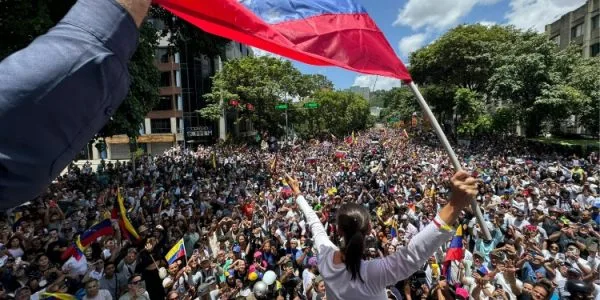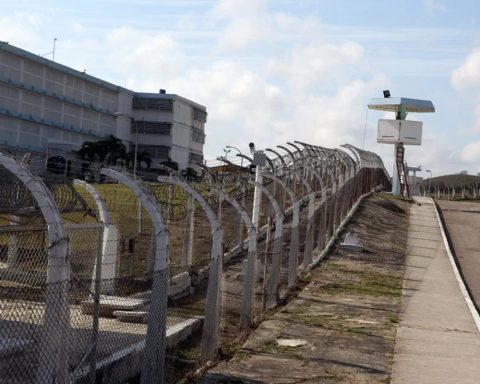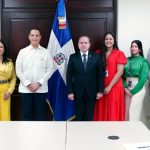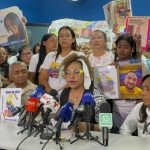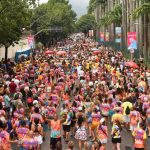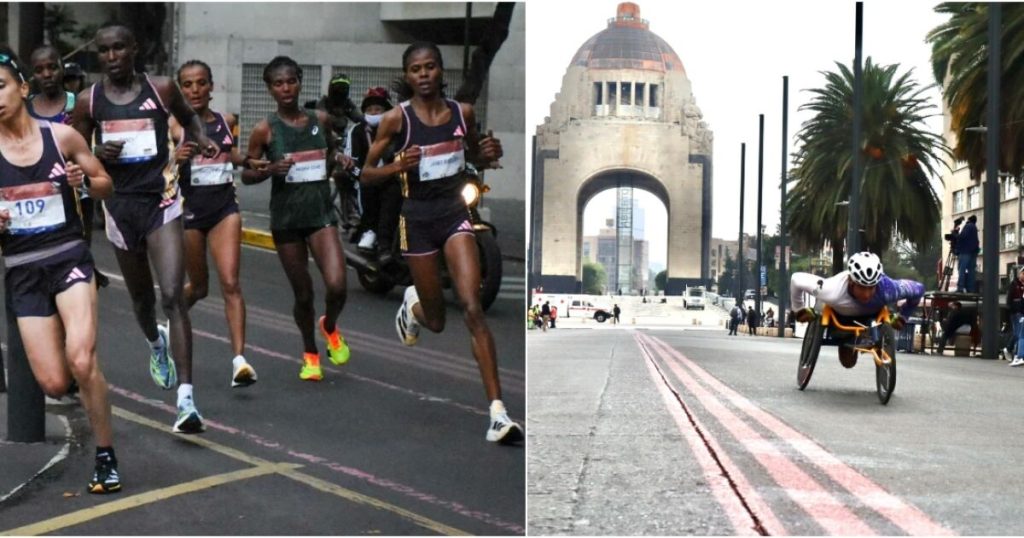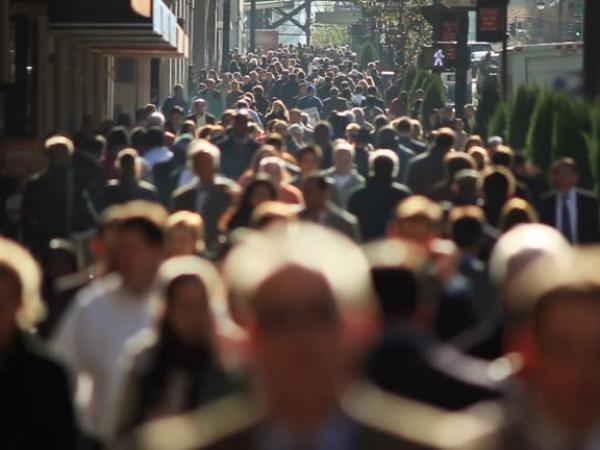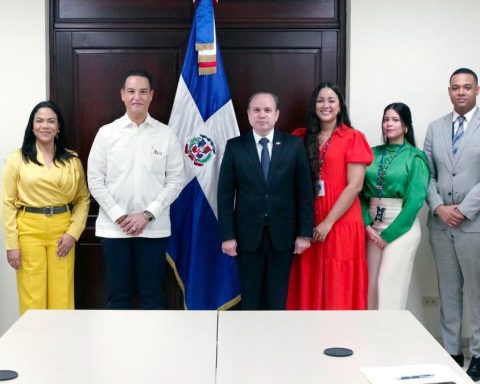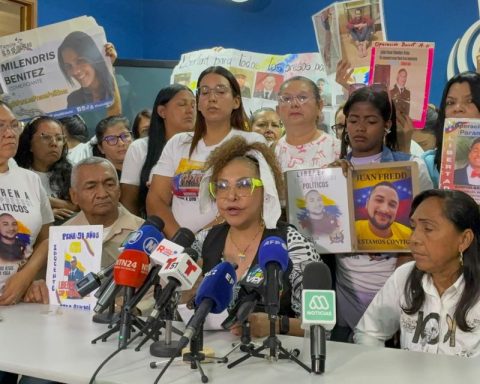MADRID, Spain.- “The moment there is silence on the part of the international community, on the part of the countries of the inter-American system, it will be too late,” warned Gloria Monique de Mees, rapporteur of the Inter-American Commission on Human Rights (IACHR) for Venezuela, in a statement interview recent with EFE. This forceful statement reflects the urgency that the IACHR perceives in maintaining pressure on the Nicolás Maduro regime and preventing Venezuelan electoral fraud from going unpunished.
De Mees, who took up his post in January, stressed that although the situation in Venezuela is critical, there is still “hope” as long as the international community continues to denounce and act against human rights violations and attacks on democracy in the country. He emphasized that the IACHR will continue to monitor the situation and maintain its commitment to support human rights defenders and civil society organizations in Venezuela. Venezuela.
Rapporteur De Mees condemned the validity of the recent failure of the Supreme Court of Justice (TSJ) of Venezuela, controlled by judges close to Chavez, which ratified the disputed victory of Nicolás Maduro in the elections of July 28.
In this regard, he noted that “validating election results is outside its mandate and jurisdiction,” but that does not mean that the IACHR has not been “very clear” in its expectations regarding respect for the political rights of the Venezuelan people.
He also recalled that the IACHR had already demanded the restoration of democratic order in Venezuela, as well as the complete publication of the electoral records to guarantee the transparency of the process.
The lack of transparency in the release of the electoral results, De Mees said, is “a clear sign” that the regime is trying to “consolidate its power.” He also reiterated the need to continue acting to prevent the situation in Venezuela from deteriorating further.
Finally, the IACHR reaffirmed its commitment to continue its monitoring mandate in Venezuela, urging the international community not to cease its denunciations. De Mees concluded by stating that “the actions of the international community can have a great impact” on the restoration of democracy and the rule of law in Venezuela.
On August 22, the Supreme Court of Justice of Venezuela backed Nicolás Maduro’s claims about his “victory” in the presidential elections of July 28 and said that the voting records The online reports showing he lost by a landslide were false.
Caryslia Rodriguezpresident of the TSJ, stated that, after the presentation of the actors involved in the electoral process and the compilation of the voting instruments, the magistrates certified the Chavista victory in an “unobjectionable” manner. The minutes are still not in the public domain.
The Venezuelan high court is made up of Maduro loyalists and has almost never ruled against the government. In her appearance, the Chavista official said that all the results and voting records would be kept in the custody of the TSJ.
The TSJ’s ruling was another Maduro’s attempt to quell protests and international criticism that erupted after the July 28 vote in which the self-proclaimed ruler was seeking a third six-year term.
The Supreme Court ruling certifying the results contradicts the conclusions of the United Nations experts and the Carter Center who were invited to observe the elections and who determined that the results announced by the authorities lacked credibility.
Following the TSJ ruling last Thursday, several Latin American leaders reacted by pointing out that this only served to consolidate electoral fraud. Among the first to stress the importance of not keeping silent or ceasing to defend the Venezuelan cause, highlighting the need to maintain international pressure on the Maduro regime, were the president of Chile, Gabriel Boric, the president of Uruguay, Luis Lacalle Pouthe Uruguayan foreign minister, Omar Paganini, the former president Colombian Ivan Duque and the former Bolivian president Tuto Quiroga.
